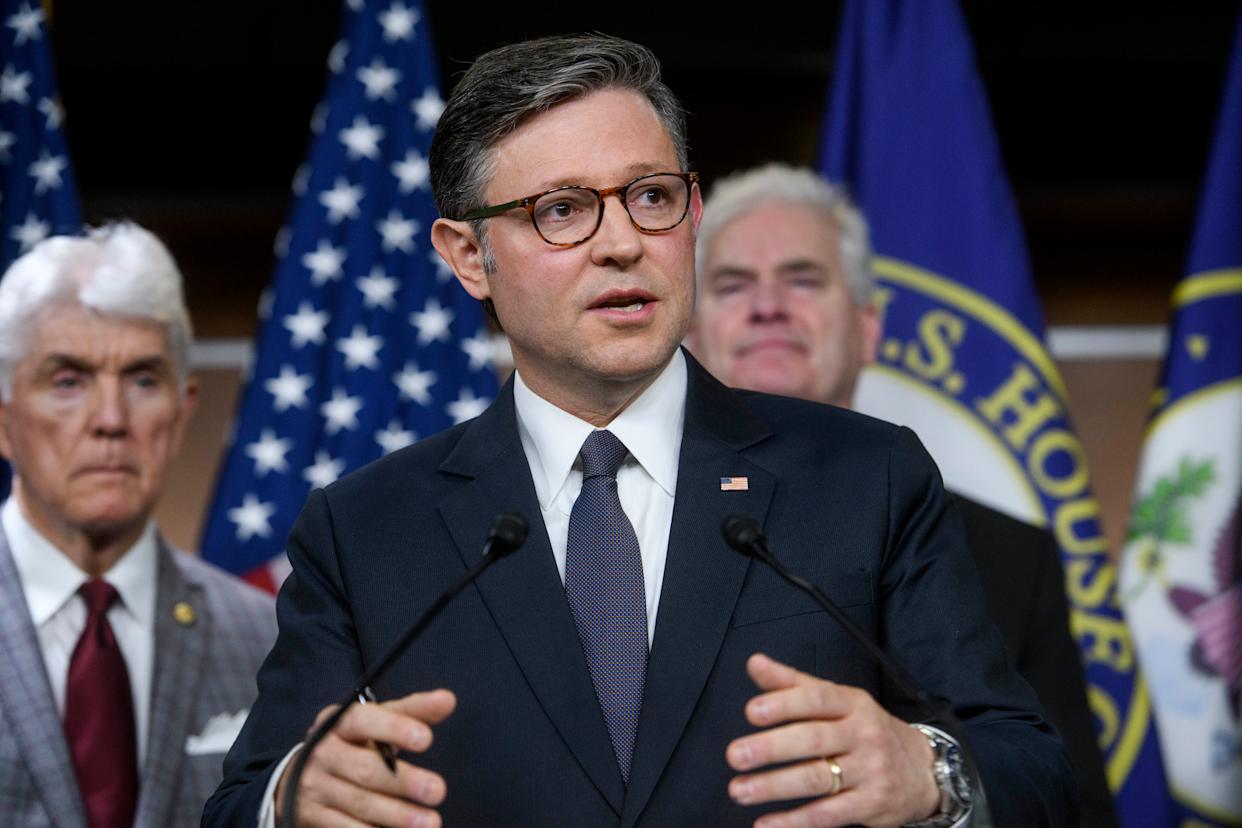Understanding the Latest Medicaid Changes: Impacts, Debates, and What to Expect

Medicaid is at the center of heated discussions in Congress, with recent proposals potentially reshaping healthcare for millions of Americans. Understanding these changes is crucial for individuals who rely on this vital public health insurance program.
What Is Medicaid and Why Does It Matter?
Medicaid provides essential health insurance for over 70 million low-income Americans. It covers children, seniors, people with disabilities, and other vulnerable groups. Funded jointly by federal and state governments, Medicaid's scope and eligibility rules are frequent subjects of political debate.
Recent Medicaid Overhaul Proposals
In May 2025, House Republicans introduced a major Medicaid overhaul plan. Their goal is to cut billions in spending while financing tax and spending reforms. The proposal includes new work requirements for capable adults. There would also be stricter eligibility verifications, potentially making it harder for some individuals to maintain coverage. While this plan stops short of a complete restructuring, it represents a significant shift in federal health policy.
The Debate: Cost Savings vs. Coverage Losses
Supporters of the proposed changes argue that they will reduce "waste, fraud, and abuse" within Medicaid. House GOP leaders see these efforts as "common sense" solutions to prevent runaway government spending. However, critics warn that the projected $880 billion in cuts could cause millions to lose healthcare coverage.
Democrats and advocacy groups insist that the new requirements will present barriers for eligible Americans who may struggle to comply. The proposals would require able-bodied adults without dependents to work, study, or volunteer for at least 80 hours per month. Eligibility checks would happen twice yearly instead of just once, leading to greater program churn.
State Impacts and Political Outlook
States would be affected differently depending on their current Medicaid policies and expansion status. The federal government may also penalize states offering coverage to undocumented immigrants by reducing federal contributions. These shifts could strain state budgets and create uncertainty for providers.
Political opposition is fierce. Some House Republicans are hesitant to cut programs their constituents rely on. Meanwhile, former President Trump has taken a guarded stance, distancing himself from direct cuts.
The next steps involve legislative negotiations. The ultimate scope of the Medicaid changes will depend on the outcomes of House and Senate deliberations.
Conclusion: What Should Medicaid Beneficiaries Expect?
Medicaid remains a pillar of the American healthcare safety net, but proposed reforms could upend existing coverage for millions. If new rules are enacted, beneficiaries should stay informed about eligibility updates and new requirements. Policymakers, advocates, and the public will be watching closely as the debate continues. For now, staying updated on official guidance is the best way to prepare for any changes.
For an in-depth breakdown of the ongoing legislative process and impacts, read CNN’s detailed report on Medicaid compromise proposals and Yahoo’s coverage of projected Medicaid cuts and debates.